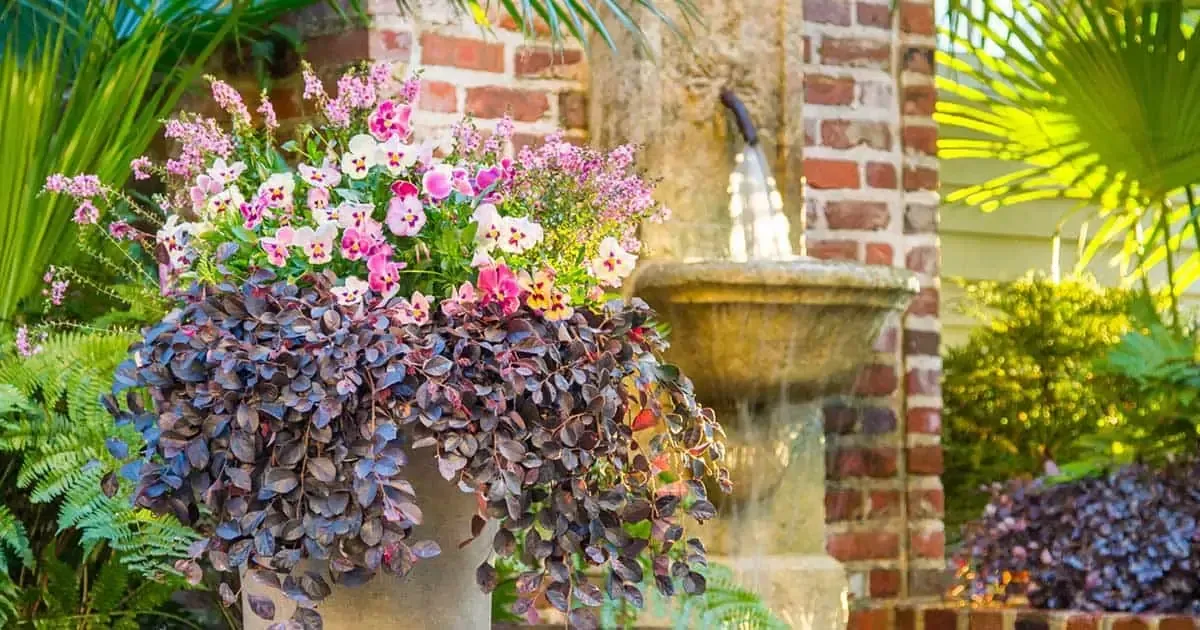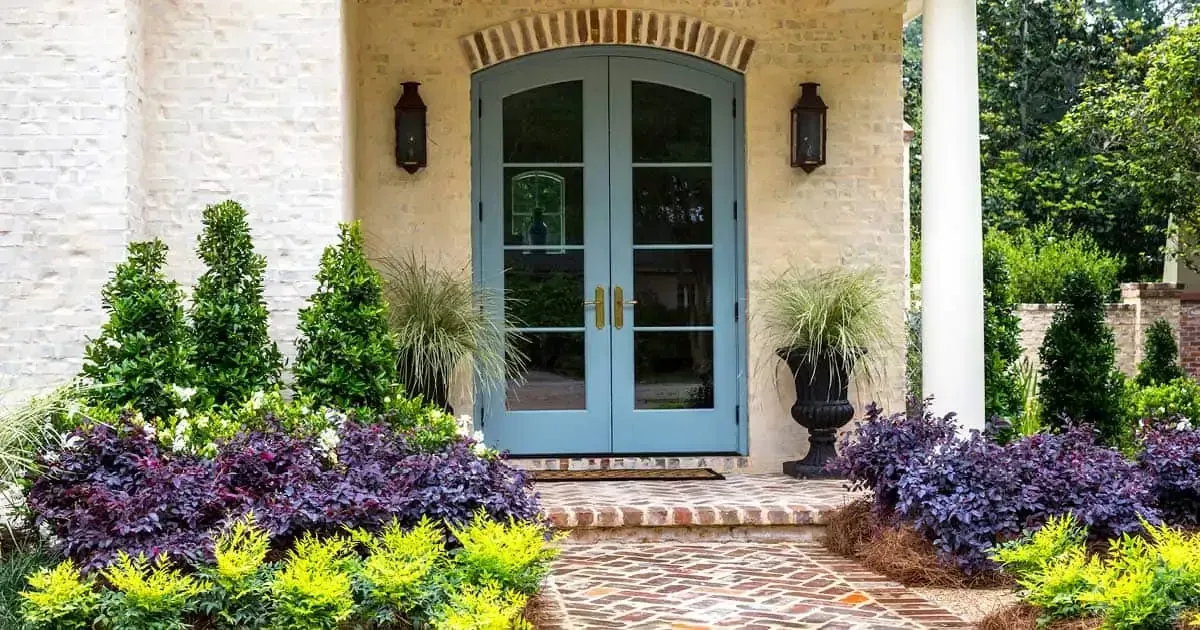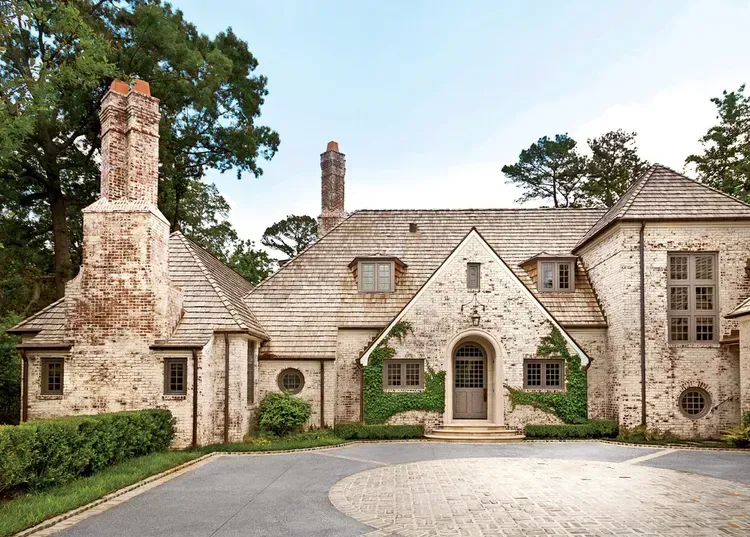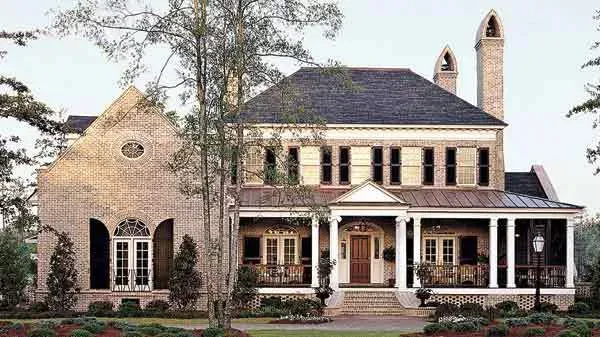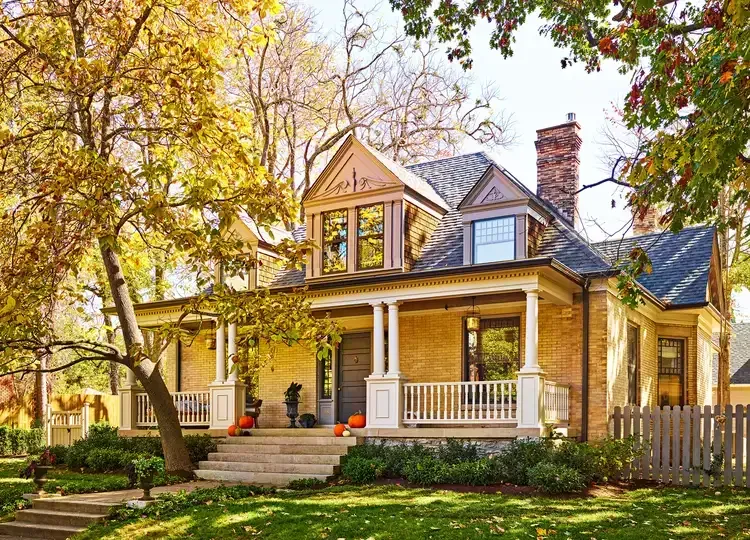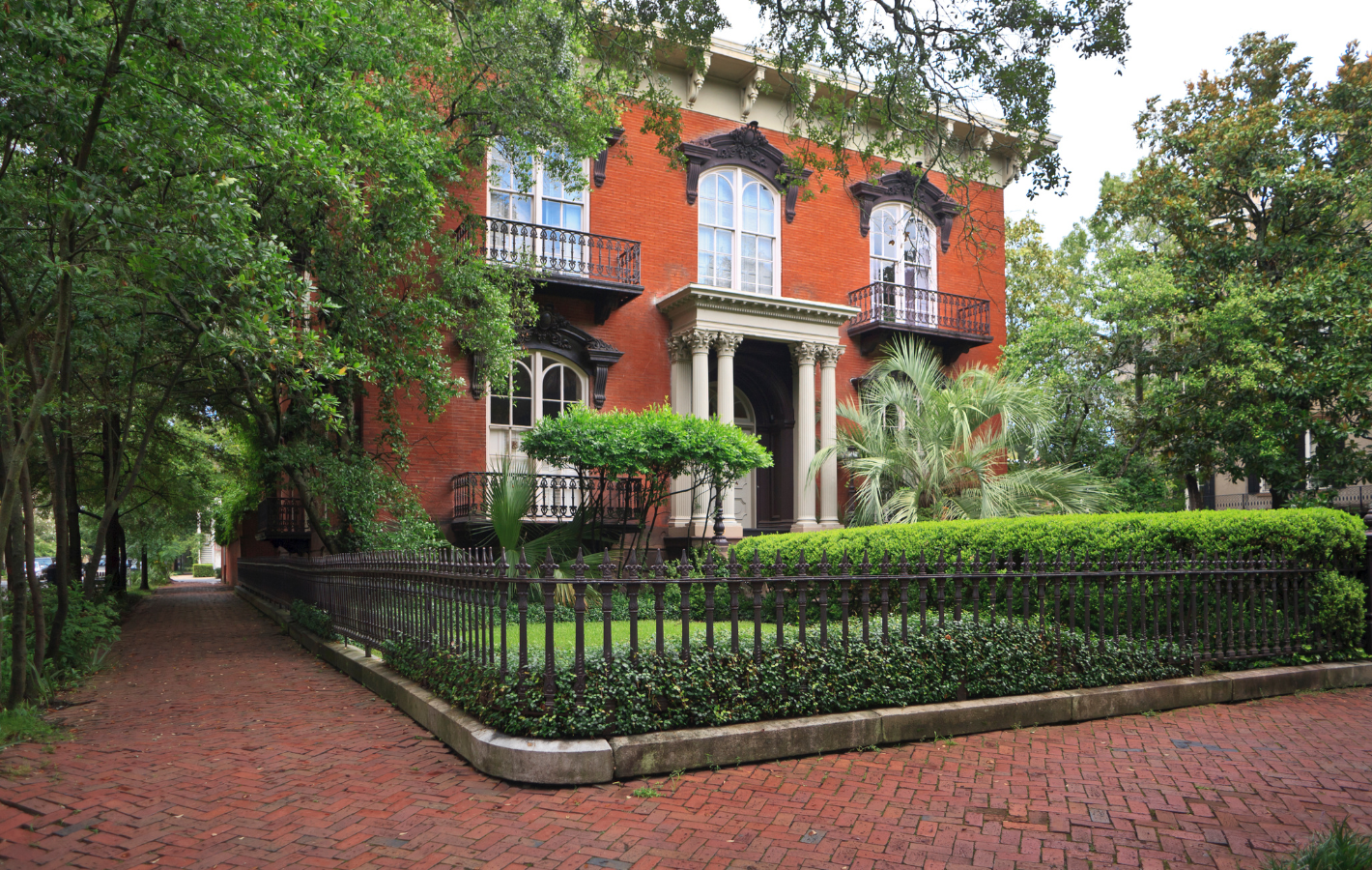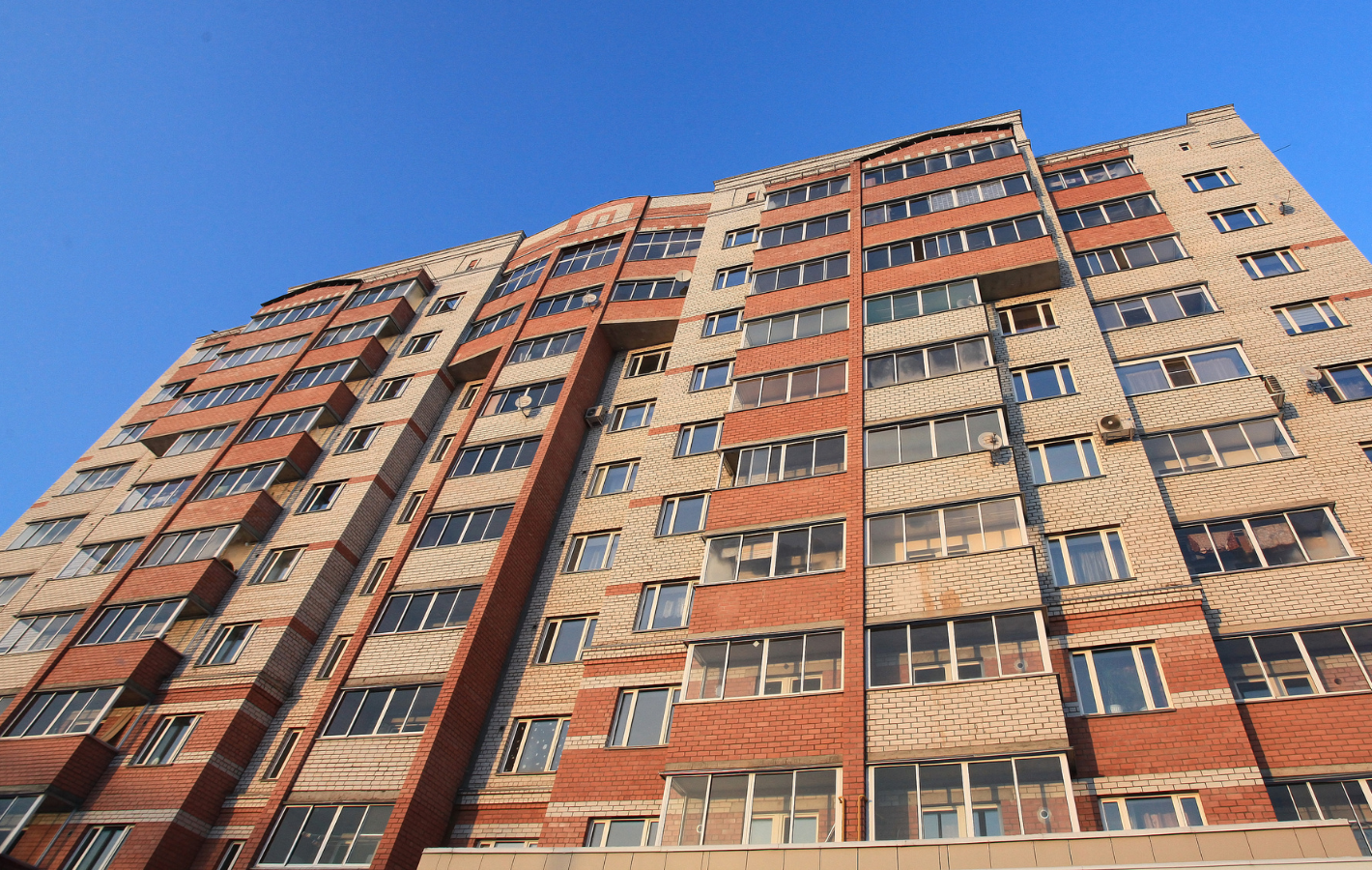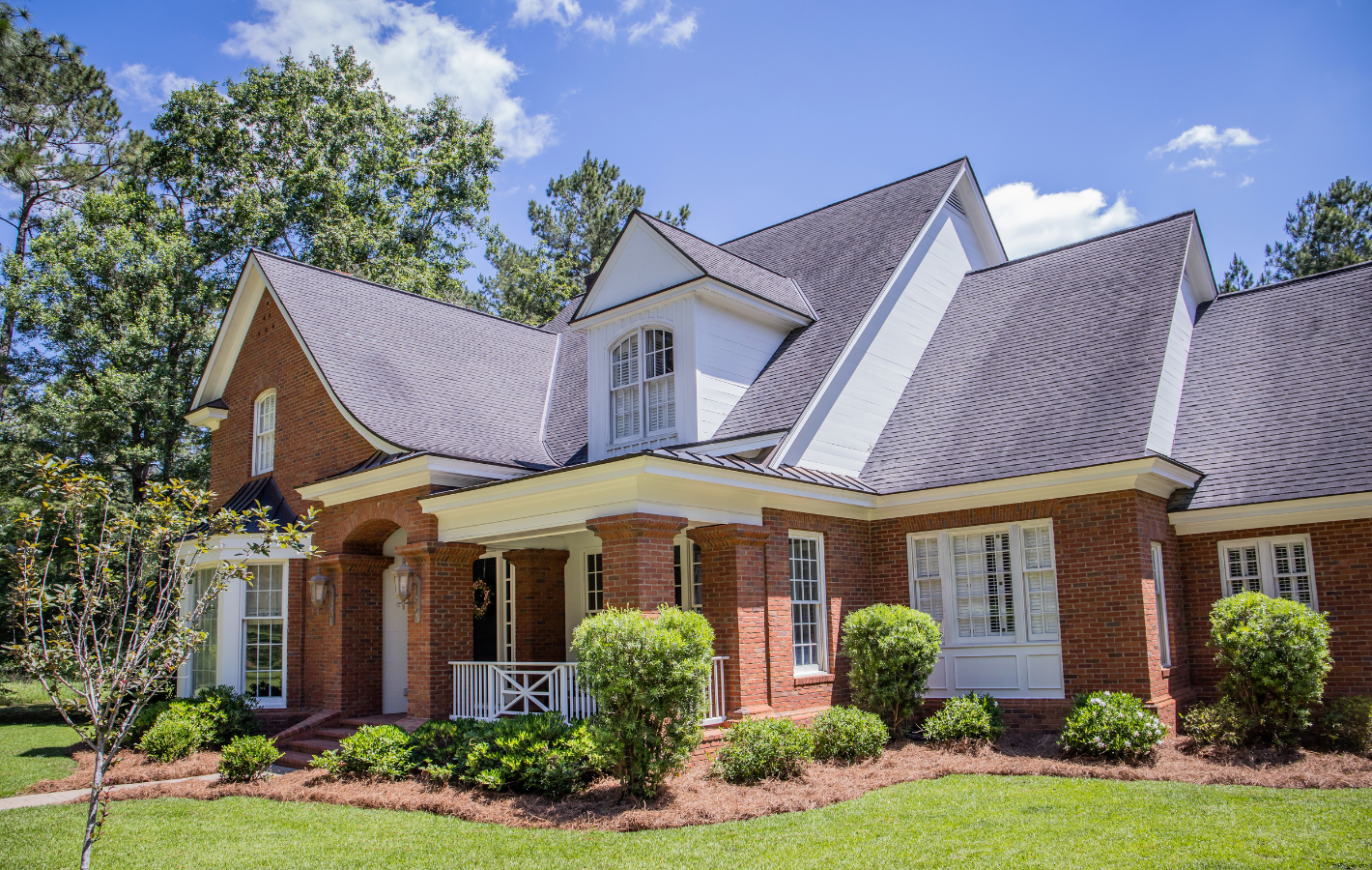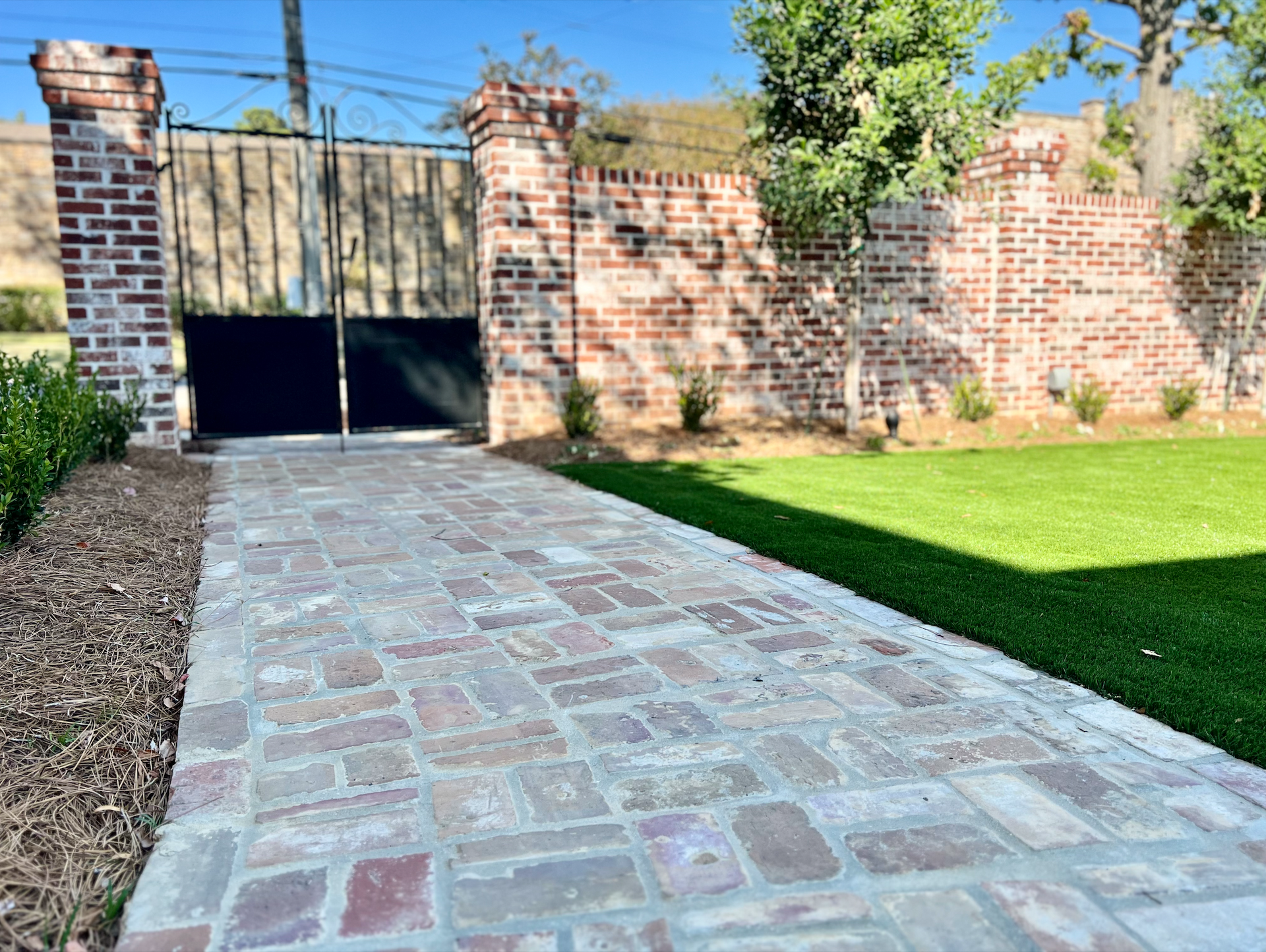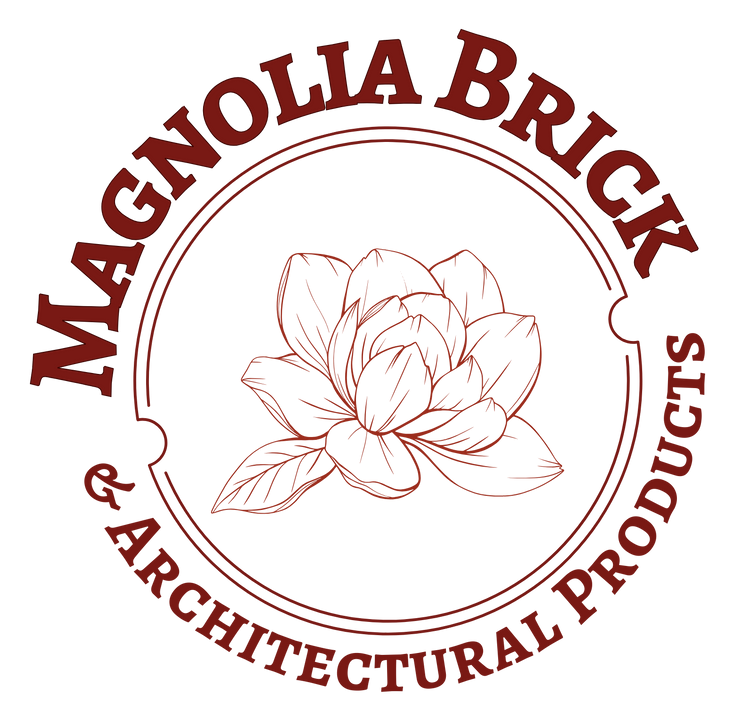Choosing the Right Brick for Your Project: What Factors Should You Consider?
Choosing the Right Brick for Your Project: What Factors Should You Consider?
Bricks have been a fundamental building material for centuries, known for their durability, versatility, and timeless charm. Whether you're embarking on a new construction project, planning a renovation, or simply exploring ways to enhance your property, choosing the right brick is a crucial decision. The choice of brick can significantly impact the aesthetics, longevity, and overall success of your project. At Magnolia Brick, with locations in Tupelo, MS, and Oxford, MS, we're dedicated to helping you make informed choices when it comes to selecting the perfect brick for your needs. In this comprehensive guide, we'll explore the key factors you should consider when choosing the right brick for your project.
1. Project Goals and Style
Before diving into the technical aspects, start by defining your project goals and preferred architectural style. Consider the following questions:
What is the purpose of your project? (e.g., residential, commercial, industrial)
Are you aiming for a traditional, modern, rustic, or contemporary aesthetic?
Do you have any specific design inspirations or themes in mind?
Understanding your project's goals and desired style will serve as a foundation for selecting the right brick.
2. Brick Type
Bricks come in various types, each with its unique characteristics and suitability for specific applications. Common brick types include:
Common Bricks: Used for general construction purposes.
Facing Bricks: Designed for exposed surfaces and known for their aesthetic appeal.
Engineering Bricks: Highly durable and often used for structural purposes.
Fire Bricks: Resistant to high temperatures and commonly used in fireplaces and ovens.
Pavers: Used for outdoor applications like driveways, patios, and walkways.
Consider the type of brick that best aligns with your project's requirements. For example, facing bricks are ideal for visible exterior walls, while common bricks may be suitable for concealed areas.
3. Brick Color and Texture
The color and texture of the brick can significantly impact your project's visual appeal. Factors to consider include:
Brick Color: Bricks come in a wide range of colors, from classic reds to earthy tones, whites, grays, and even blacks. Choose a color that complements your design and blends well with the surrounding environment.
Brick Texture: Bricks can have various textures, from smooth and polished to rough and weathered. The texture can influence the overall feel of your project, so select one that enhances your desired aesthetic.
4. Durability and Strength
The durability and strength of the brick are critical, especially for load-bearing structures or areas exposed to harsh weather conditions. Pay attention to the brick's compressive strength, which is measured in pounds per square inch (psi). Higher psi values indicate stronger bricks.
Engineering bricks, for instance, are known for their exceptional strength and durability, making them suitable for demanding structural applications.
5. Climate and Weather Resistance
Consider the climate and weather conditions of your project location. Bricks should be selected based on their ability to withstand local weather patterns, including extreme temperatures, rain, humidity, and freeze-thaw cycles.
For areas with harsh weather, it's advisable to choose bricks that are specifically engineered for weather resistance. These bricks typically have a dense composition that minimizes water absorption.
6. Sustainability and Eco-Friendliness
In an era of increasing environmental awareness, sustainability is a crucial consideration. Look for bricks that are manufactured with sustainable practices and eco-friendly materials. Consider:
The environmental impact of brick production.
The availability of recycled or reclaimed bricks.
Certifications or labels indicating eco-friendly manufacturing processes.
Opting for sustainable bricks not only benefits the environment but also aligns with green building practices and certifications.
7. Maintenance Requirements
Different types of bricks may have varying maintenance needs. Some bricks may require periodic cleaning or sealing to maintain their appearance and protect them from staining or moisture damage. Consider your willingness and ability to provide the necessary maintenance for your chosen brick type.
8. Budget and Cost
Your budget will play a significant role in determining the type and quality of bricks you can use. While some premium bricks may come at a higher cost, they may offer long-term benefits in terms of durability and aesthetics. Be sure to balance your project's budget with your desired outcomes.
9. Local Building Codes and Regulations
Ensure that the bricks you choose comply with local building codes and regulations. Certain areas may have specific requirements regarding brick type, strength, or fire resistance. Consult with local authorities or a building professional to ensure compliance.
10. Availability and Lead Time
Consider the availability of your chosen brick type and its lead time. Some specialty bricks may have longer lead times or limited availability, which could impact your project's timeline. Plan accordingly to avoid delays.
11. Samples and Mockups
Before making your final decision, it's advisable to obtain brick samples and create mockups to visualize how the bricks will look in your project. This allows you to assess color, texture, and overall aesthetics in the context of your design.
12. Consultation with Experts
When in doubt or faced with complex design requirements, don't hesitate to consult with brick experts or architects. They can provide valuable insights and recommendations based on their expertise and experience.
Conclusion
Choosing the right brick for your project is a multi-faceted decision that requires careful consideration of various factors, including project goals, brick type, color, durability, climate, sustainability, budget, and local regulations. By taking the time to evaluate these factors and seeking expert guidance when needed, you can make an informed choice that ensures the success and longevity of your project. At Magnolia Brick, we're committed to helping you navigate this important decision and providing the perfect bricks for your specific needs in Tupelo, MS, and Oxford, MS. Let's build together, one brick at a time, to create lasting and beautiful structures that stand the test of time.
